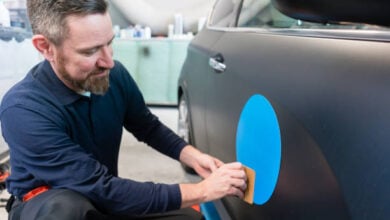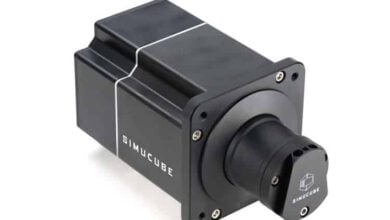If there’s one situation that can really get under your skin, it’s having issues with a freshly-purchased vehicle. It sucks when a new car breaks down, but the Conn Law PC, one of the best lemon law lawyers in the Bay Area, has a few tips on what you should do if this unfortunate situation comes to pass.
So, let’s say you break down suddenly in that nice new car of yours. In the short term, you’ve got to keep yourself secure, and that means following all the typical road safety advice you’d heed in case of an emergency. Throw on your hazard lights, slow down, then pull off the road in a safe location. If you’ve got roadside assistance, you can call on them to help get your vehicle off the road and get you a ride along with it, but what happens next?
You’ll need to consider the possibility that your new vehicle is a lemon, and take some steps to help you ascertain if this is the case or not so you can plan further action. In order to do that, you’re going to have to ask yourself a few questions. In the state of California, for instance:
- Is it the right kind of vehicle? Speaking broadly, lemon laws apply to the following types of manufacturer’s new vehicle warranties: cars, pickup trucks, vans, SUVs that have been purchased or leased for business, personal, family, or household use.
- Is the defect substantial? In order for the vehicle to qualify under the lemon law, it has to be a defect that significantly impacts its safety or value. This includes major vehicle systems, like the brakes, engine, transmission, onboard computers, etc. So, a smudge on the upholstery won’t cut it, but a faulty engine will.
- Is the vehicle under warranty? For the lemon law to apply, the vehicle must be covered under the manufacturer’s new vehicle warranty.
- Has the vehicle undergone a reasonable number of repair attempts first? There’s some wiggle room here, but, in general, “reasonable” constitutes two to four dealer attempts to fix the issue, or more than 30 days (non-consecutive) in the shop for repairs.
You should also bear in mind that the lemon law applies to vehicles within the first 18 months (or 18,000 miles) after purchase. If your vehicle fits the definition, then you’ll probably want to take next steps, which could be as simple as contacting the manufacturer and requesting arbitration to claim the benefits of the lemon law presumption.
If the manufacturer cannot repair that serious defect within a reasonable number of attempts, then they’ll need to either replace your vehicle or refund you the purchase price. In California, the California Department of Consumer Affairs Arbitration Certification Program can help you determine if your vehicle meets the correct criteria for a buy-back under state law. Should you ever feel unsure or want more information about the process or what your options might be, reaching out to a lawyer skilled in these types of cases is always an option.




